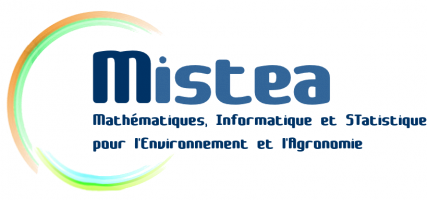CarthaGène is a genetic/radiated hybrid mapping software. CarthaGene looks for multiple populations maximum likelihood consensus maps using a fast EM algorithm for maximum likelihood estimation and powerful ordering algorithms.
CarthaGène is a genetic/radiated hybrid mapping software. CarthaGene looks for multiple populations maximum likelihood consensus maps using a fast EM algorithm for maximum likelihood estimation and powerful ordering algorithms. CarthaGène :
- uses multipoint maximum likelihood for estimations of distances and order evaluation.
- uses dedicated boosted EM algorithms for backcross-like and haploid RH data that can be orders of magnitude faster than existing implementations.
- can handle data made up of several distinct populations which may each be either F2 backcross, recombinant inbred lines, F2 intercross, phase known outbreds and/or radiated hybrids (haploid and diploid data).
- When data sets are merged, the user can decide whether the sets will share all parameters (order and distances) or only order, allowing for different recombination ratios in each population or a mixture of genetic and radiated hybrid data.
- includes several algorithms to order markers. This goes from the traditional build/flips algorithms to more powerful ordering methods based on simulated annealing, taboo search and genetic algorithms.
- always keeps the result as a set of the best maps found (not only the best one).
- NEW! Includes a comparative mapping method exploiting biological datasets and the knowledge of a completely sequenced genome having known orthologous relationships with some of the markers in the genome of interest.
Mots clés
Informations spécifiques
Langage(s) de développement
N° de version courante
V1.3 beta Date de la version courante
OS supporté
Type de licence
Etat
Développement arrêté Auteur(s)
M. Bouchez
P. Chabrier
T. Faraut
S. de Givry
C. Gaspin
D. Leroux
J.C. Nelson
B. Servin
T. Schiex
Contact
thomas.schiex@toulouse.inra.fr
Publication de référence
Informations complémentaires






2eme lic: QPL
developpé pour Linux, Win et SunOS
Autre langage : Tcl